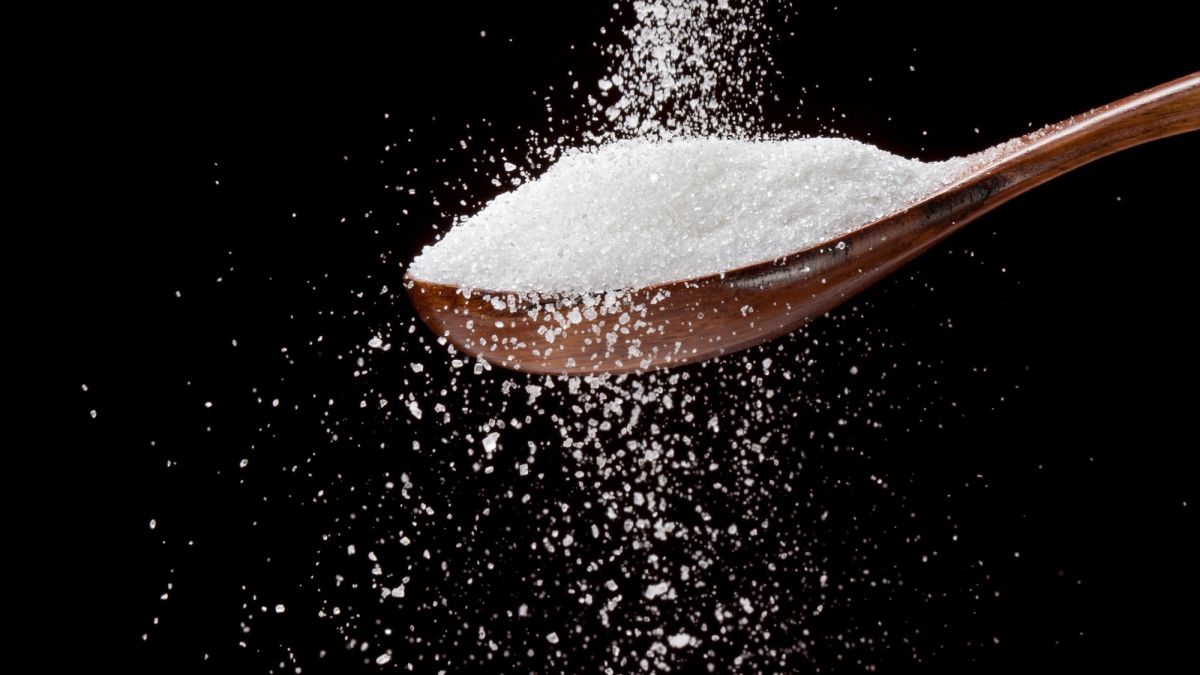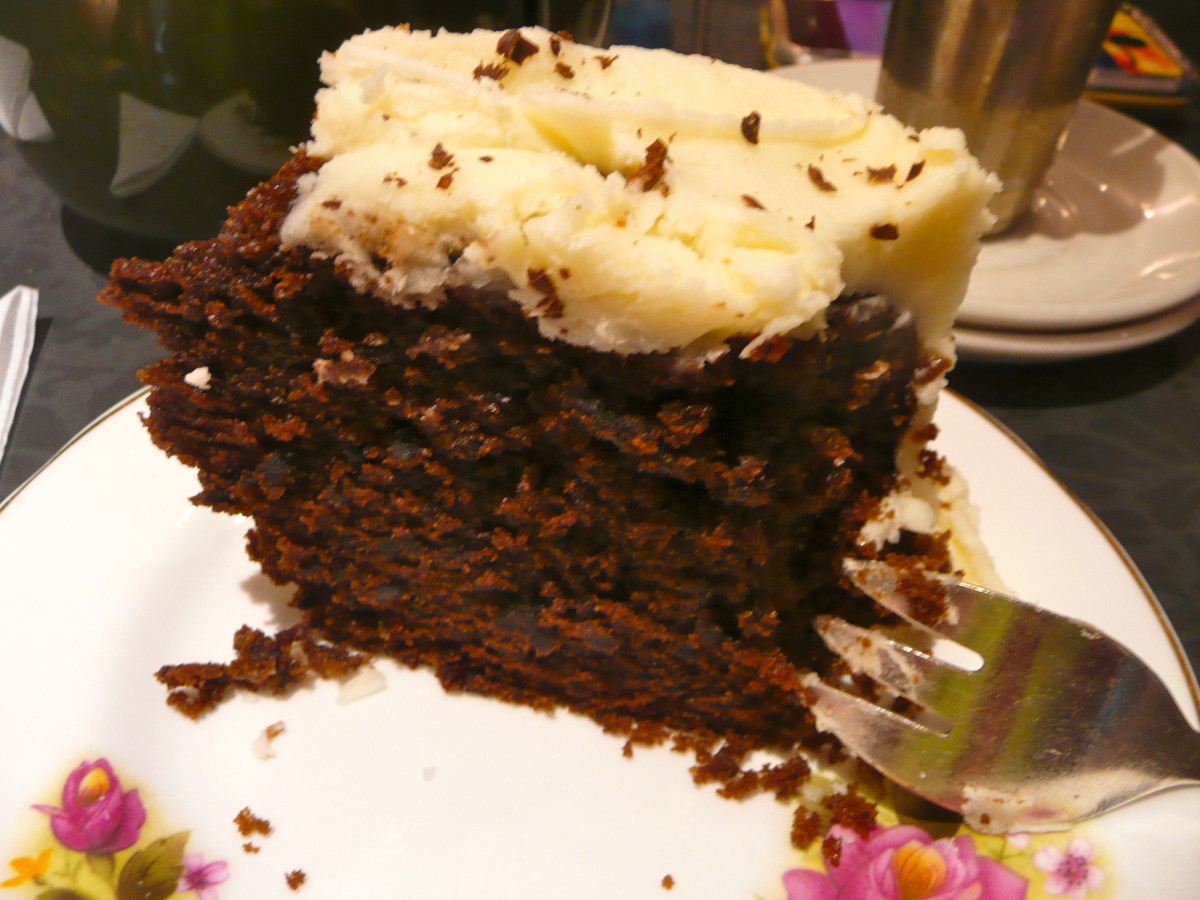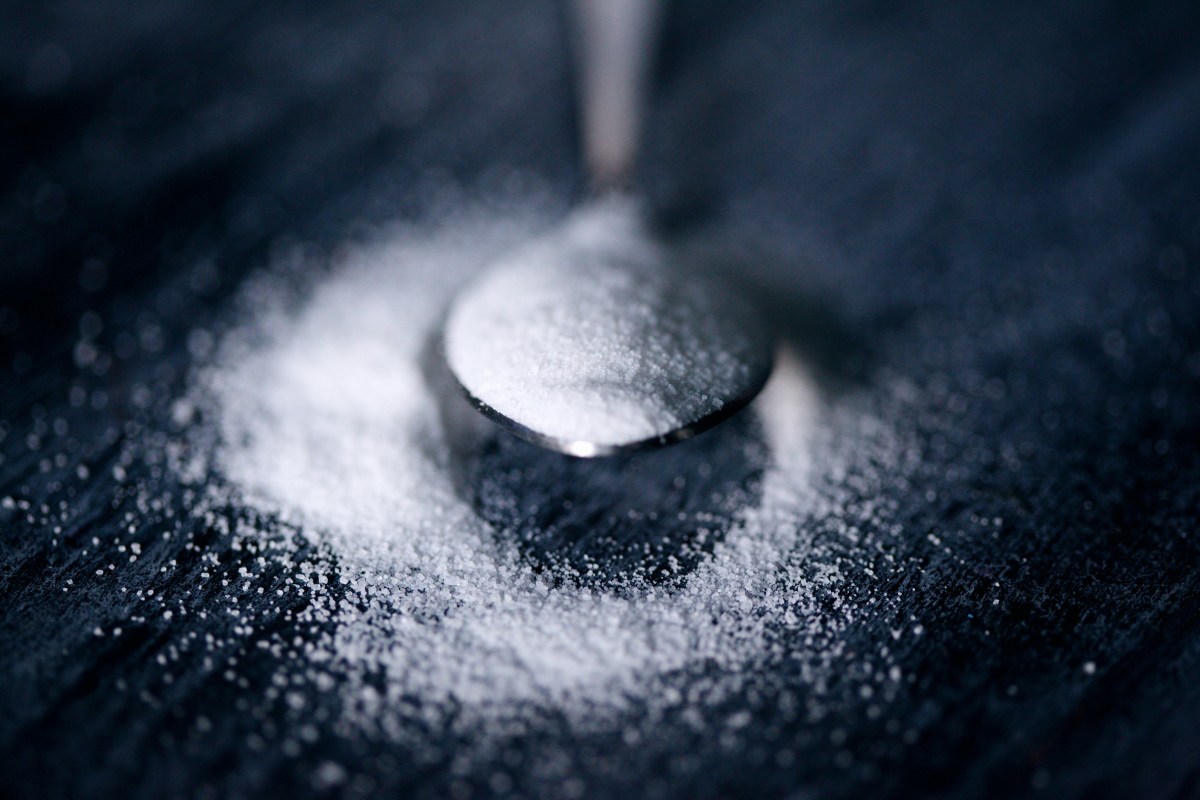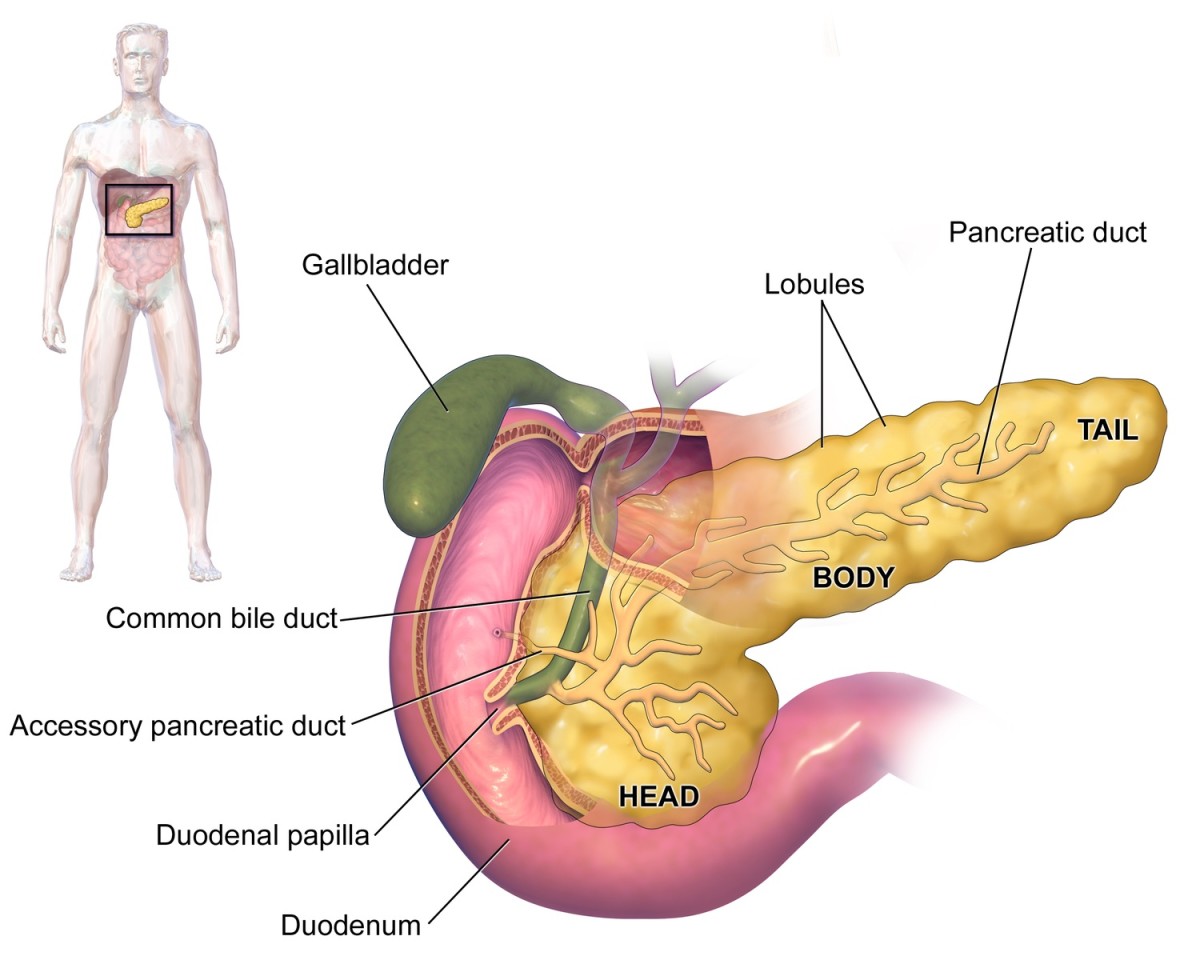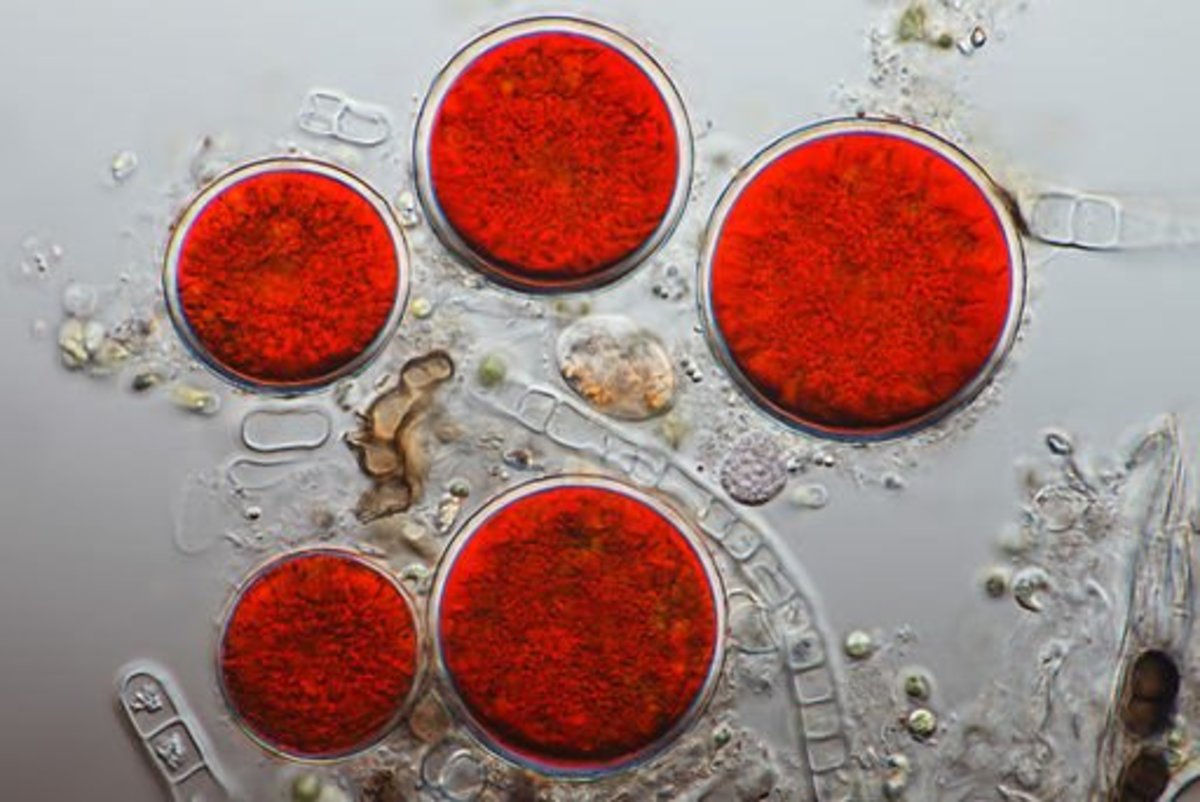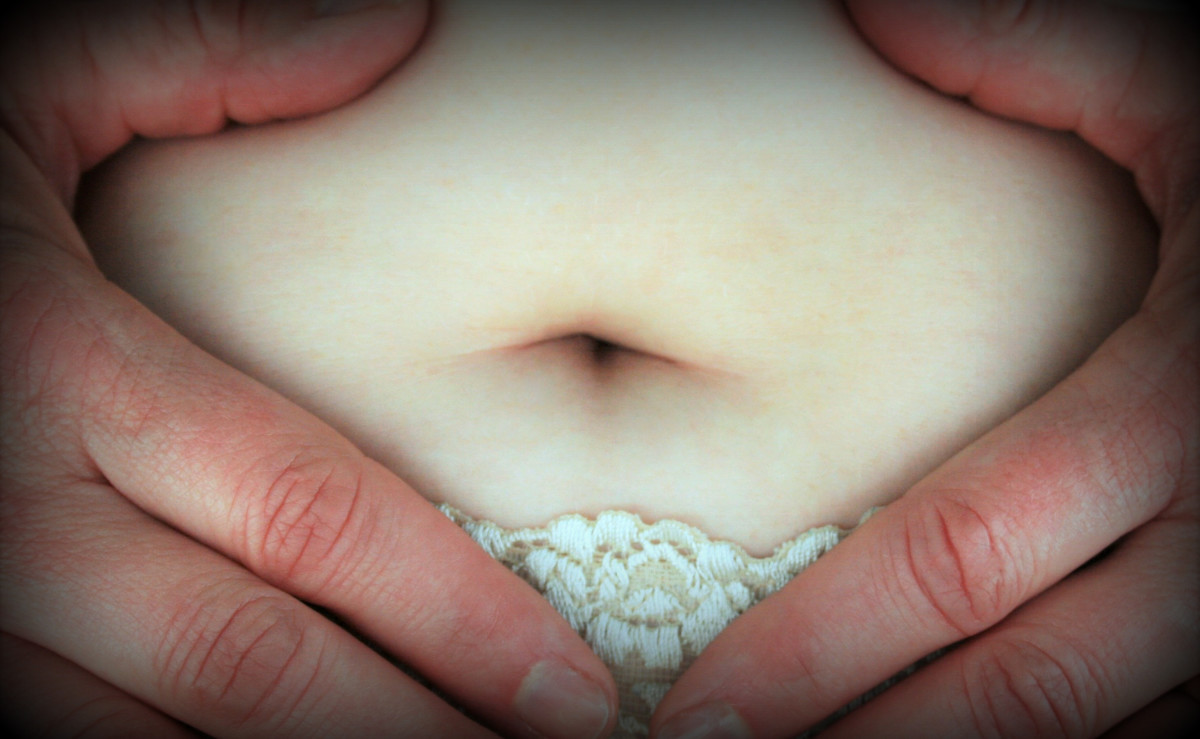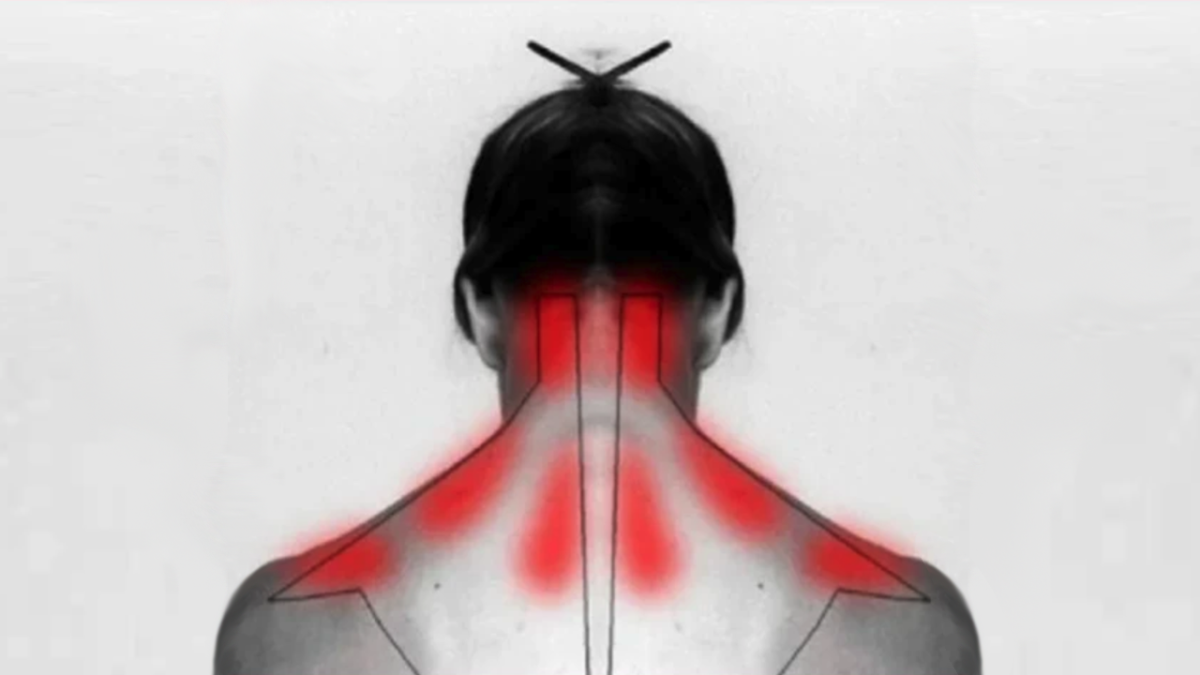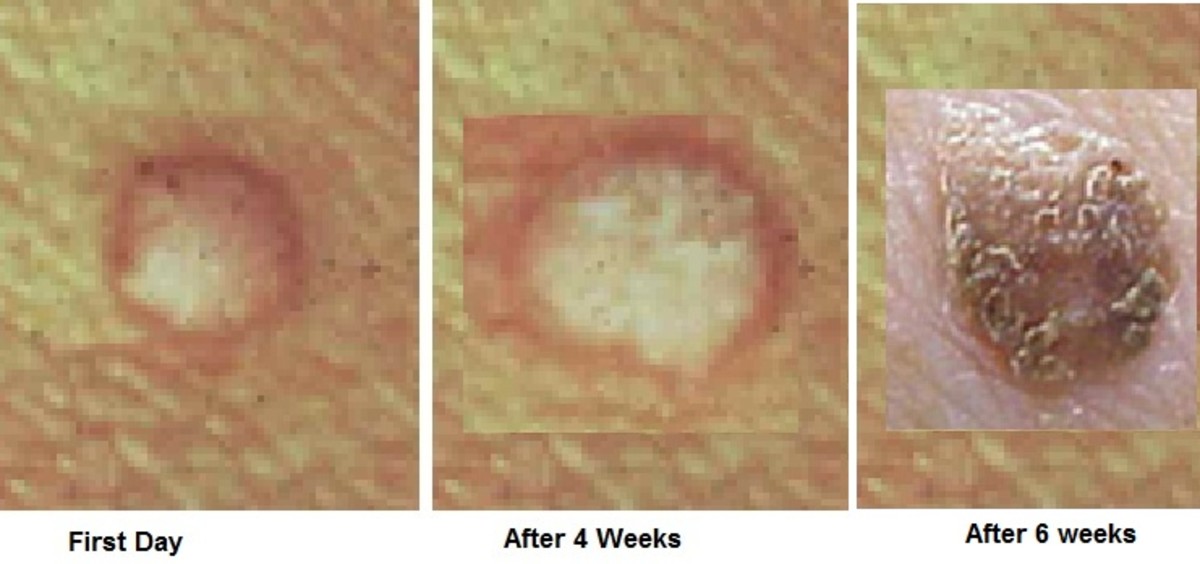Health Risks of High Sugar Intake And It's Prevention
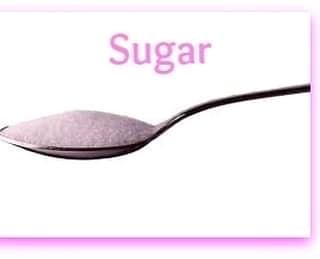
Health Risks of Taking Too Much Sugar
The human body is not meant to consume excessive sugar, especially fructose. It’s actually a hepatotoxin and is further metabolized directly into fat—a factor that causes a whole lot of problems that can have far-reaching effects on your health. Here are a few of these effects and lots of practically proven ways of preventing too much sugar consumption
The Fact About Taking Too Much Sugar
Today, the average person consumes about 16 teaspoons of sugar per day. That is overwhelmingly shocking right? What is even more alarming and disturbing is the fact that people are consuming excessive amount of sugar in the form of fructose or high fructose corn syrup (HFCS) which practically causes a lot of harm to the body.
The human body is not meant to consume excessive sugar, especially fructose because of its detrimental effects to the body. It’s actually a hepatotoxin and is further metabolized directly into fat—a factor that causes a whole lot of problems that can have far-reaching effects on your health.
The bottom line is how do we tackle this problem? There are practically a countless number of diseases caused by high sugar intake but the question is how do we prevent them?
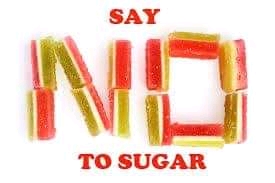
The Two Most Common Signs You Are Consuming Too Much Sugar
1. You become obese:
The rate at which obesity is rising worldwide is very alarming and added sugar especially from sugar sweetened beverages, is proven to be the main catalyst. These sweetened beverages like tea, juices, sodas, are loaded with fructose which increases your hunger and desire for food more than glucose, the main type of sugar found in starchy foods such as yam, maize, cassava, etc. Research has consistently shown that people who drink sugar beverages, such as sodas, tea and juices, weigh more than people who don’t because these sugar beverages increases the amount of visceral fat, a kind of deep belly fat associated with conditions like diabetes and heart diseases. This, therefore, leads to the second sign.
2. Increases your risk of type 2 diabetes:
Worldwide prevalence of diabetes has more than doubled over the years. Though, research has shown that other factors result to diabetes, there is a clear-cut link between high sugar consumption and the risk of getting diabetes. Persistent and consistent high intake of sugar and sugary beverages leads to resistance in the activity of insulin, a hormone produced by the pancreas that regulates blood sugar level. Due to the inactivity of insulin, there is a high accumulation of sugars—fructose in the body, which consequently results in diabetes.
Your health is your life; live it well!
— Ernest FestusSuggested Ways Of Reducing High Intake Of Sugar
Excessive added sugar has many negative health effects.
Although consuming small amounts now and then is perfectly healthy, you should try to cut back on sugar whenever possible.
Fortunately, simply focusing on eating whole, unprocessed foods automatically decreases the amount of sugar in your diet.
Here are some tips on how to reduce your intake of added sugars:
• Swap sodas, energy drinks, juices and sweetened teas for water or unsweetened seltzer.
• Drink your coffee black or use Stevia for a zero-calorie, natural sweetener.
• Sweeten plain yogurt with fresh or frozen berries instead of buying flavored, sugar-loaded yogurt.
• Consume whole fruits instead of sugar-sweetened fruit smoothies.
• Replace candy with a homemade trail mix of fruit, nuts and a few dark chocolate chips.
• Use olive oil and vinegar in place of sweet salad dressings like honey mustard.
• Choose marinades, nut butters, ketchup and marinara sauce with zero added sugars.
• Look for cereals, granolas and granola bars with under 4 grams of sugar per serving.
• Swap your morning cereal for a bowl of rolled oats topped with nut butter and fresh berries, or an omelet made with fresh greens.
• Instead of jelly, slice fresh bananas onto your peanut butter sandwich.
• Use natural nut butters in place of sweet spreads like Nutella.
• Avoid alcoholic beverages that are sweetened with soda, juice, honey, sugar or agave.
• Shop the perimeter of the grocery store, focusing on fresh, whole ingredients.
In addition, keeping a food diary is an excellent way of becoming more aware of the main sources of sugar in your diet.
The best way to limit your added sugar intake is to prepare your own healthy meals at home and avoid buying foods and drinks that are high in added sugar.
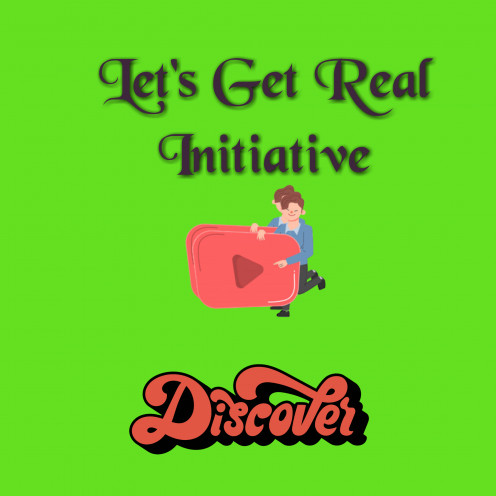
This content is accurate and true to the best of the author’s knowledge and is not meant to substitute for formal and individualized advice from a qualified professional.
© 2020 Ernest Festus Awudey

